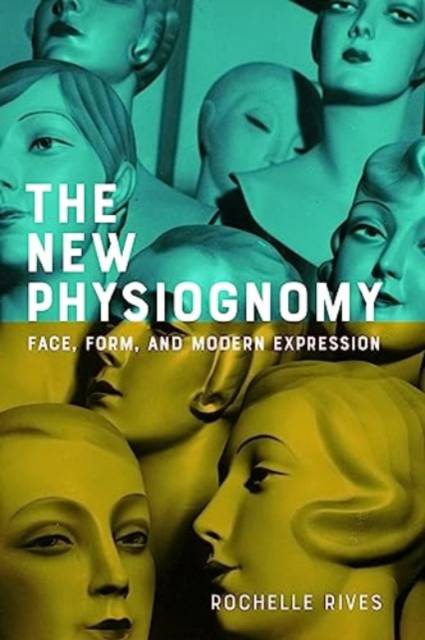
- Retrait gratuit dans votre magasin Club
- 7.000.000 titres dans notre catalogue
- Payer en toute sécurité
- Toujours un magasin près de chez vous
- Retrait gratuit dans votre magasin Club
- 7.000.0000 titres dans notre catalogue
- Payer en toute sécurité
- Toujours un magasin près de chez vous
Description
A fascinating new study of the face, form, and history of expression.
Advances in facial recognition, artificial intelligence, and other technologies provoke urgent ethical questions about facial expressivity and how we interpret it. In The New Physiognomy, Rochelle Rives roots contemporary facial dilemmas in a more expansive timeline of modernist engagements with the face to argue that facial ambiguity is essential to how we value other people.
Beginning with nineteenth-century caricatures of Oscar Wilde's face, Rives reasons that modernist modes of reading the face perceived it as a manifestation of both biologically determined traits and scripted forms of personality. Considering faces such as sculptures of great poets, portraits of facially wounded World War I soldiers, W. H. Auden's aging face, and Cindy Sherman's recent photographic self-portraits, Rives reframes how to read modernist works by Theodore Dreiser, Edith Wharton, Jean Rhys, Joseph Conrad, Mina Loy, Henry Tonks, and Henri Gaudier-Brzeska.
Spécifications
Parties prenantes
- Auteur(s) :
- Editeur:
Contenu
- Nombre de pages :
- 264
- Langue:
- Anglais
- Collection :
Caractéristiques
- EAN:
- 9781421448374
- Date de parution :
- 09-04-24
- Format:
- Livre relié
- Format numérique:
- Genaaid
- Dimensions :
- 152 mm x 229 mm
- Poids :
- 476 g

Les avis
Nous publions uniquement les avis qui respectent les conditions requises. Consultez nos conditions pour les avis.






